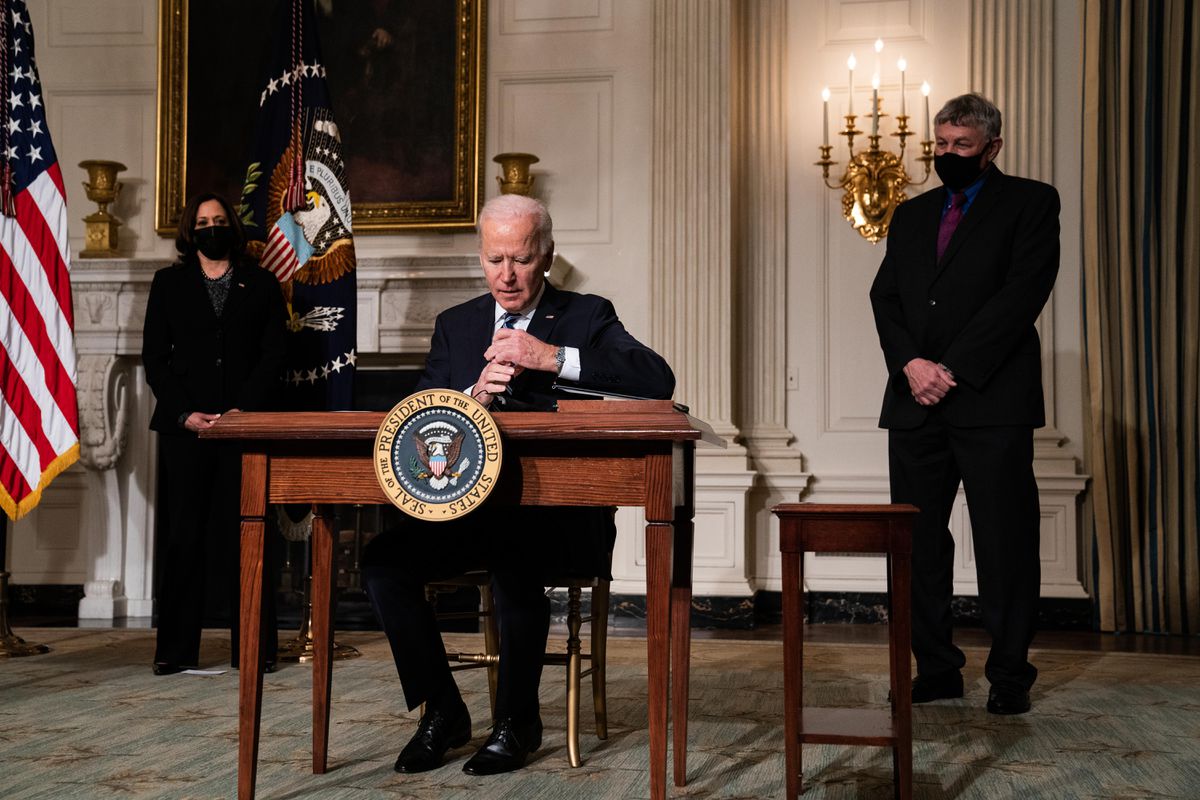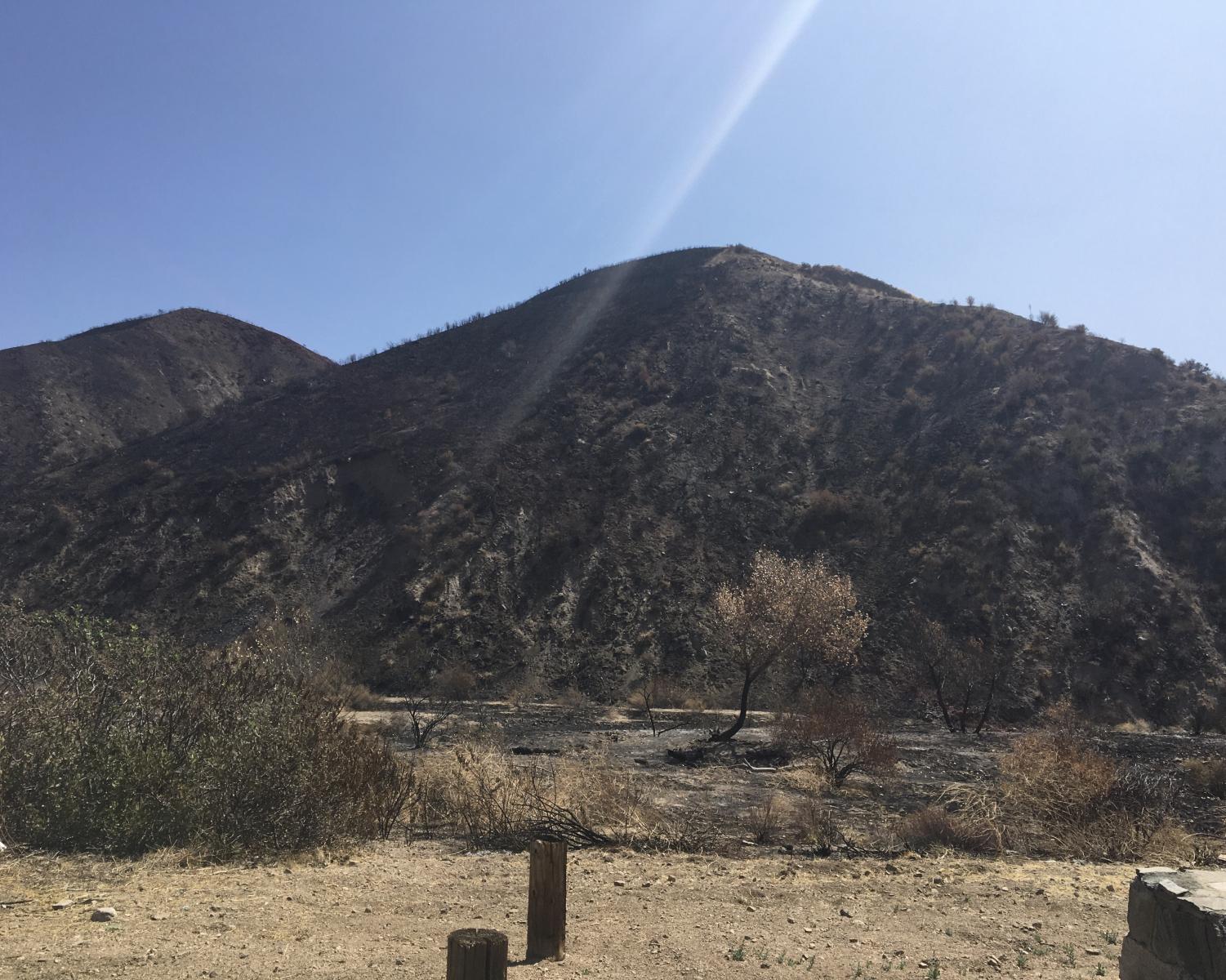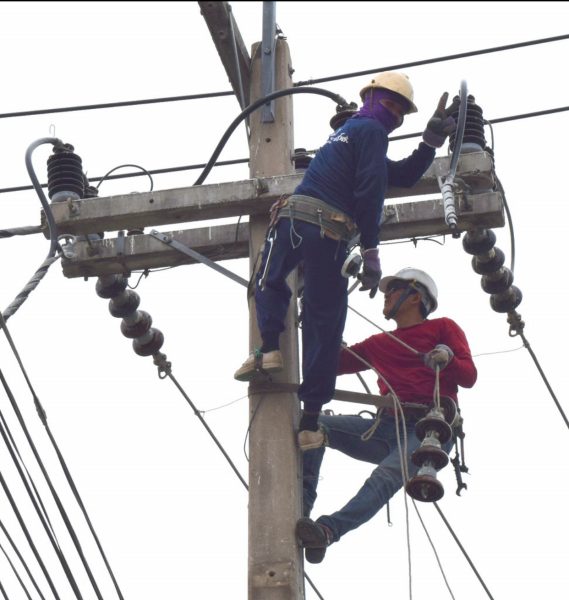Biden’s First Few Weeks in Office: Tackling the Climate Crisis
On January 20, 2021, President Joe Biden was inaugurated as the 46th president of the United States. The people of America were hopeful to see inauguration day as an opportunity for redemption and revitalization within the country. Going into the new year it is not only a chance for minorities, women, low-income citizens, and LGBTQ+ citizens to be heard again, but another shot for regrowth in environmental needs.
During Biden’s 2021 campaign, he stated one of his biggest focuses would be to tackle the ongoing climate crisis. With Biden’s first day in office, he eagerly signed several executive actions, including beginning the process of rejoining the Paris climate agreement of 2015.
UNFCCC says that the agreement’s “central aim is to strengthen the global response to the threat of climate change by keeping a global temperature rise this century well below 2 degrees Celsius above pre-industrial levels and to pursue efforts to limit the temperature increase even further to 1.5 degrees Celsius.”
Back in June of 2017, former-President Trump ceased participation in the 2015 Paris Agreement, claiming that the agreement would weaken the economy, and put the U.S. at an irreversible disadvantage. Though, many Americans are happy that President Biden is advocating for the climate as a top priority.
Scientific American says “The U.S. will rejoin the deal on Feb. 19—107 days after it withdrew.”
Biden’s administration has also revoked the permit for the Keystone XL oil pipeline. The construction of the pipeline would have serious effects on the environment, such as the destruction of ecosystems, the loss of habitats, and the pollution of nearby rivers. This is a major win for indigenous activists and environmentalist groups who have been fighting this action for more than a decade.
The Guardian states that tribal nations and indigenous people hope that this is just the beginning and that “it will be a watershed moment for bolder actions, demanding the same fates for contentious pipeline projects such as Line 3 and the Dakota Access pipeline.”
The president’s administration is anticipating their plans to reverse the last four years of deregulatory and anti-science policymaking at EPA. Scientific American finds that “The Biden EPA long has been expected to scrap the Trump-era rule and replace it with an update that can help achieve the new president’s goal of making the U.S. power grid carbon neutral by 2035.”
The administration also announced plans to restore a process, created by former-President Obama, to once again develop and maintain the social cost of carbon and methane. Biden’s recent memo on the matter is said: “to ensure that agencies account for the full costs of greenhouse gas emissions, including climate risk, environmental justice, and intergenerational equity.”
With sea levels rising, animals going extinct, each year beating the last for “warmest year on record,” and more than a billion tons of glaciers melting each summer, it is vital that we react to the effects of climate change. The environment can only take so much before it gives out on the plants, animals, and on us.
Science is real and it’s important to have officials in office that believe in it too. Fortunately, America’s 46th President is predicting a bright four years ahead, and while the first one-hundred days in office are the most important, it appears Biden is more than ready to take on these upcoming issues.














